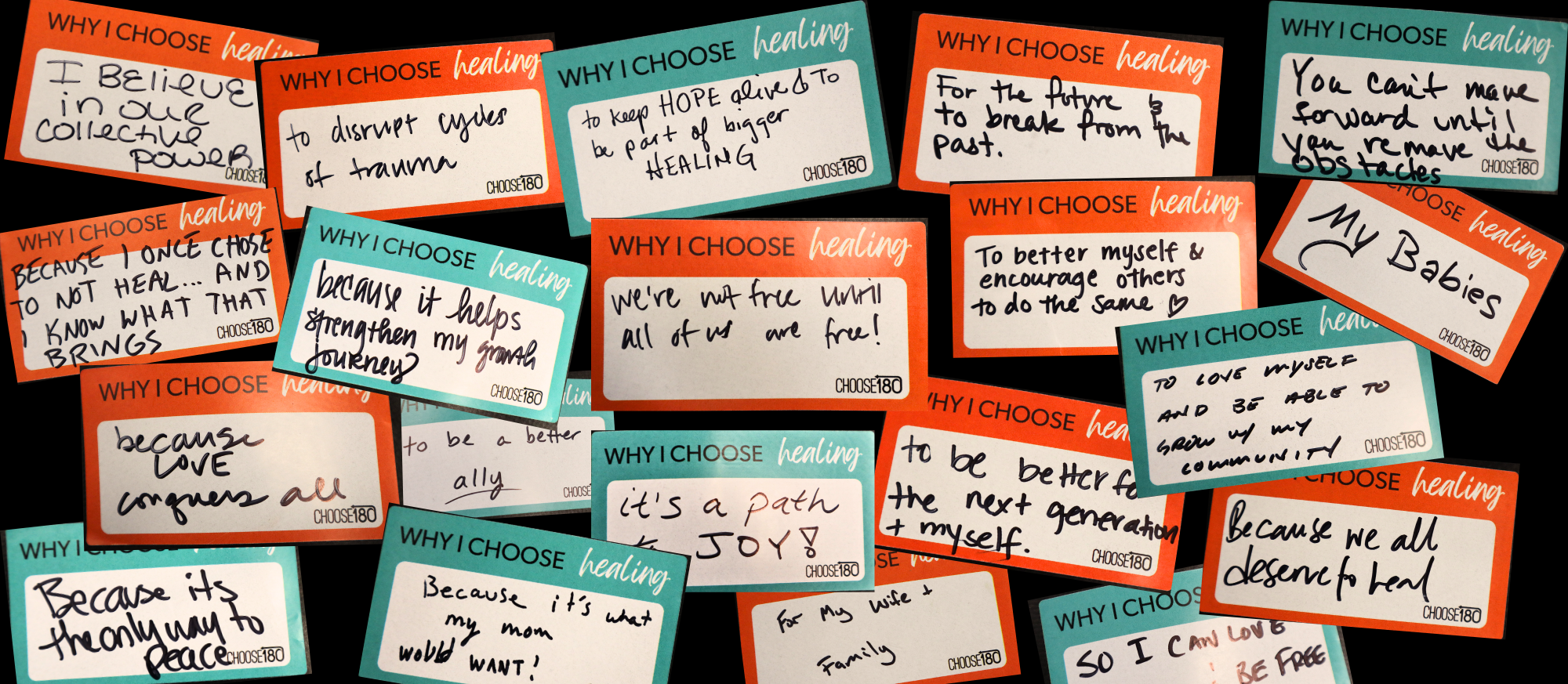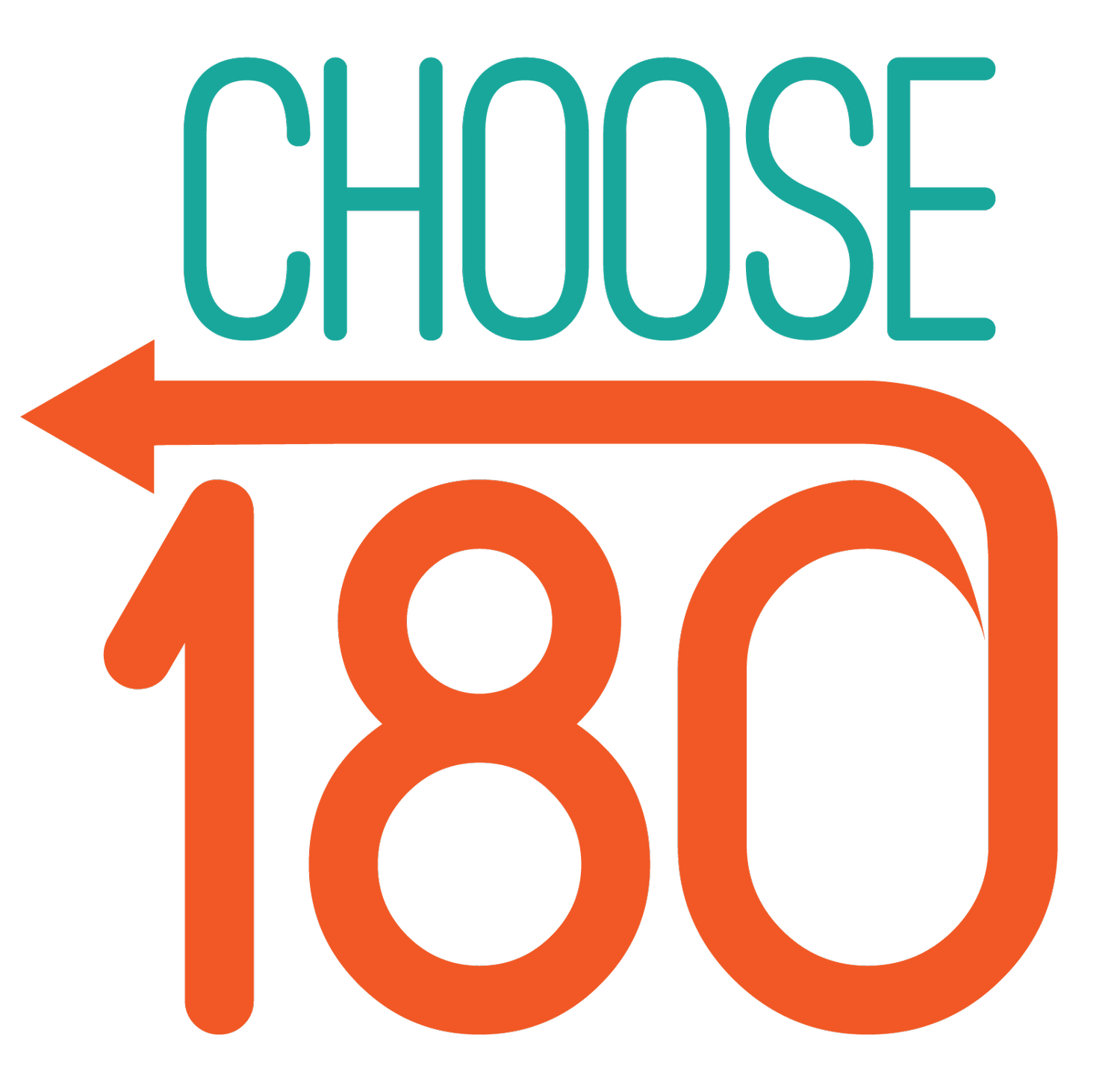
Impact
Young people in our community face systems of injustice that are traumatizing, racist, and rooted in oppression.
These systems cause generational trauma, reinforce environmental causes of harmful behavior, and disproportionately harm BIPOC, low-income, and other marginalized youth. They treat young people as problems, focusing on punishment and control instead of resourcing their growth.
Individual, community, and systems-level transformation is needed to break both the cycle of youth criminalization and our society’s reliance on systems of punishment to mitigate harm and build community safety.
Vision
By 2030, we envision a region where systems no longer respond to young people with punishment, but with a pathway to possibility. A region where schools, courts, and communities work in partnership to ensure that all young people, especially those impacted by racism, poverty, and systemic harm, are seen, supported, and centered.
We imagine a future in which:
Diversion is no longer the exception; it’s the default. Youth are referred to healing-centered alternatives before they ever touch the legal system.
Every young person is met with care, not courtrooms. Intervention looks like mentorship, mental health support, and community, not charges, detention, or isolation.
CHOOSE 180’s model is embedded into public systems. Our approach is no longer just a community program, but part of how schools, courts, and policymakers invest in youth success.
The leadership table reflects lived experience. Young people who have navigated criminalization are the ones shaping the policies, practices, and narratives that replace it.
92% of young adults who complete our court diversion program do not re-engage with the criminal legal system within the year we serve them.
Nearly 4,000 young people have participated in our programs since 2011.
In a pre-program survey, 44% of our participants completed at least half or more of school assignments. In the post-program survey, 81% of our participants completed at least half or more of their assignments.
We currently support 10 middle and high schools in the Highline and Seattle Public School Systems through our school-based diversion program, which prevents students from getting suspended or expelled.
Choosing Possibilities
Our vision is to achieve change at three levels by combining interconnected & nonlinear pathways
Individual young people from criminalized communities must have the necessary material resources, access to whole health, and support to reach their goals. If we resource individuals’ specific needs, meet young people where they are, and support their growth, youth will thrive.
Communities must become more unified and resourced to heal as a whole, provide necessary support to one another, and be better equipped to navigate conflict and challenges. If we interrupt cycles of violence, build authentic relationships within and between communities, and make progress toward racial and economic justice, communities will have the power to support themselves.
Systems must be humanizing, restorative, antiracist, and led by the communities they serve to meet community needs. If we build a movement to dismantle the criminal legal system and other punitive institutions, we can create a nationwide system grounded in community, individualized support, and restorative justice.

